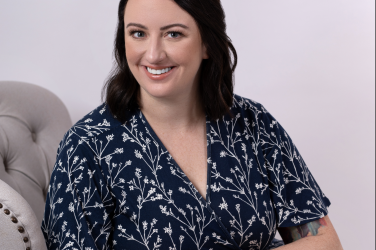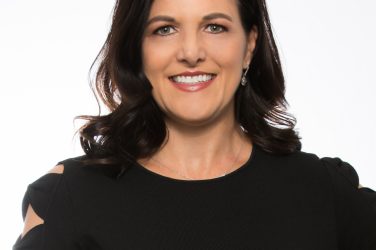
Q&A
Dermatologist
How often should I come in for a skin-cancer screening?
Everyone should get a yearly skin exam, including kids. Just like you get dental exams to make sure you don’t have cavities, you should go once a year for a skin-cancer screening. Skin cancer is the number one cancer in the country, and one of the biggest risk factors is environmental exposure. When you consider all the outdoor sports that kids play, by the time they reach their 20s, they’ve had considerable exposure to the sun. The earlier we start educating on prevention and screening for skin cancer, the better.
What is a liquid facelift and how long does it last?
This is one of our signature treatments for women and men. It’s a great nonsurgical procedure for people who want to avoid a facelift or people who have had a facelift but still have volume loss and signs of skin aging. We use different injectables to restore volume and symmetry and contour the face. We can also do neck injections to smooth and tighten horizontal lines on a patient’s neck. Depending on what decade of life someone is in, they might come in for some fine-tuning in 12 to 24 months.
I’ve been paying attention to my nutrition and fitness, but I can’t get rid of some stubborn fat. What can I do?
Body sculpting or contouring is ideal for people who are practicing a healthy lifestyle but can’t get rid of unwanted fatty tissue or notice some laxity. We use Fotona TightSculpting to safely tighten the skin and reduce fat in the treated areas. It’s a non-invasive procedure with no downtime. We can do any area you want, including the thighs and the neck and jowl area. Because the body continues to age, many people come back for some fine-tuning every 18 to 24 months. We offer nitrous oxide laughing gas so patients don’t experience discomfort during the treatments.
What are different treatment options available for acne scars at Hopkins Dermatology?
There are several different types of acne scars, including icepick, boxcar, and rolling acne scars. Microneedling is offered to patients with mild or early acne scars, as well as discoloration. We offer a unique procedure at Hopkins Dermatology that addresses all three scars. We combine subcision (a technique to release the scar bands underneath the skin), plus chemical peels and fractionated laser therapy to target the acne scars on the skin’s surface. All three steps are combined in this one-and-done procedure, so patients receive enhanced results. For all our acne patients we like to aggressively treat acne to help prevent scarring.
What skincare products or ingredients should I incorporate into my skincare routine?
At Hopkins Dermatology, we refer to a trifecta of skincare products that one should always incorporate into their routine. These products include a broad-spectrum sunscreen with an SPF of 30 or higher to protect against UVA and UVB rays; a vitamin C antioxidant to protect against free radical, and pollution damage that can lead to the development of sunspots and wrinkles; and a retinoid that helps with cellular turnover and to exfoliate any dark spots and wrinkles. Tranexamic acid and polyphenol are also new ingredients to help treat melasma, sun damage, and dark spots.
About The Experts


Janine Hopkins, MD, FAAD & DiAnne Davis, MD, FAAD
Hopkins Dermatology
The founder of Hopkins Dermatology, Dr. Janine Hopkins is a cosmetic dermatology laser and skin cancer specialist and a world-renowned lecturer and speaker who has been practicing since 1996. Dr. DiAnne Davis is a board certified, fellowship-trained dermatologist and co-founder of Sunblock Kids. An expert in her field, she has authored numerous journal articles and textbook chapters.










